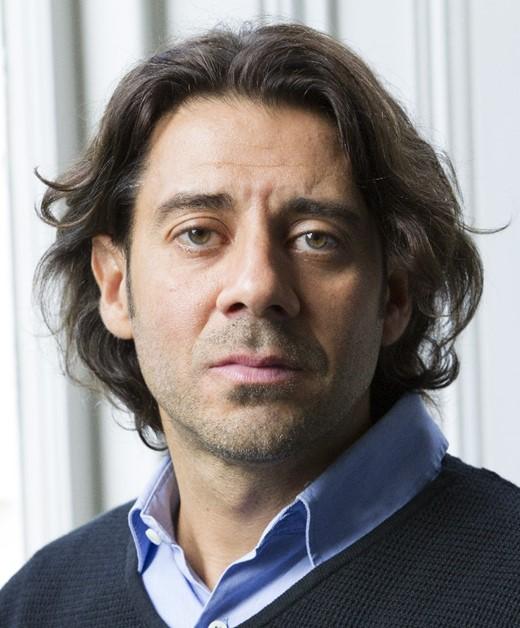Neoliberal Citizenship: Sacred Markets, Sacrificial Lives

Key information
- Date
- Time
-
4:00 pm
- Venue
- SOAS main building and online
- Room
- G3
- Event type
- Lecture
About this event
With cosmopolitan illusions put to rest, Europe is now haunted by a pervasive neoliberal transformation of citizenship that subordinates inclusion, protection, and belonging to rationalities of value.
Against the backdrop of three major crises – Eurozone, refugee, and the COVID-19 pandemic – in this talk I discuss how neoliberal citizenship rewrites identities and solidarities in economic terms. The result is a sacralized market order in which those superfluous to economic needs and regarded as unproductive consumers of resources – be they undocumented migrants, debased citizens of austerity, or the elderly in care homes – are excluded and sacrificed for the well-being of the economy.
Hence, a common thread connects the suspension of search-and-rescue missions in the Mediterranean, the punitive bailout of Greece, the widespread adoption of austerity measures, the normalization of racism, and the fact that in Europe and North America, during the first wave of the pandemic, almost half of all COVID-19 deaths were care home residents.
This thread is the sacralization of the market that, by making life conditional upon its economic and emotional value, turns ‘less valuable’ individuals into sacrificial subjects. This sacrificial violence is the product of a remarkable inversion performed by neoliberal citizenship which enthrones the market as a sacred entity that dictates who must live (and how) and who must die.
Speaker Biography
Luca Mavelli is a Reader in Politics and International Relations at the University of Kent. He is the author of Neoliberal Citizenship: Sacred Markets, Sacrificial Lives (OUP, 2022), Europe's Encounter with Islam: The Secular and the Postsecular (Routledge, 2012), and the co-editor of Towards a Postsecular International Politics (Palgrave, 2014) and The Refugee Crisis and Religion (Rowman and Littlefield 2017).
His articles have appeared in some of the leading journals of politics and international relations. His work has been funded by the UK Economic and Social Research Council and the British Council.
Contact
- email: cgcp@soas.ac.uk
This event is hybrid, you can join online via Zoom.


